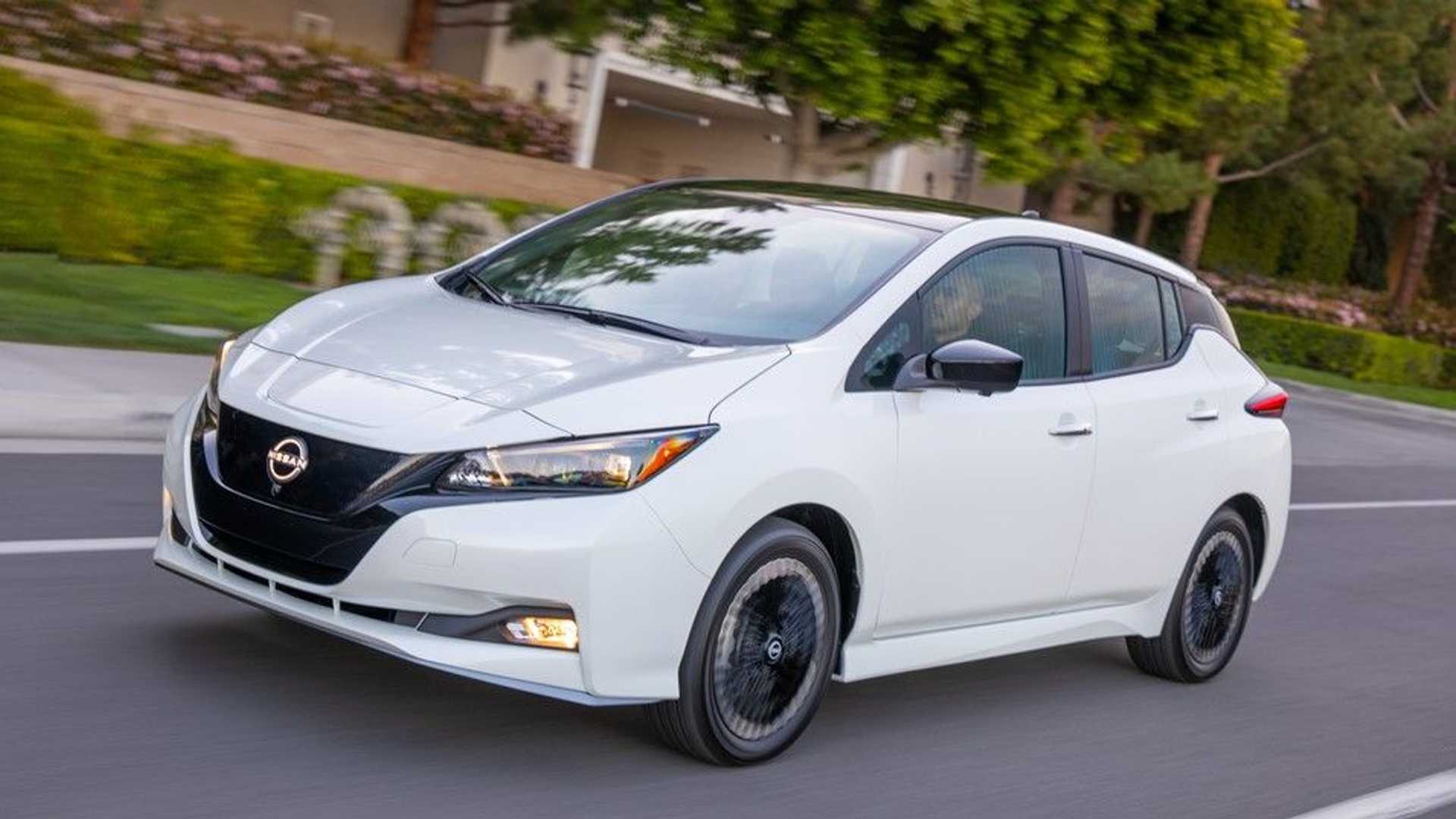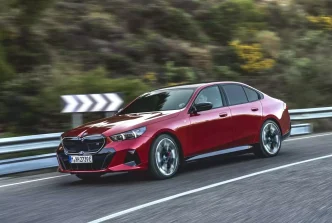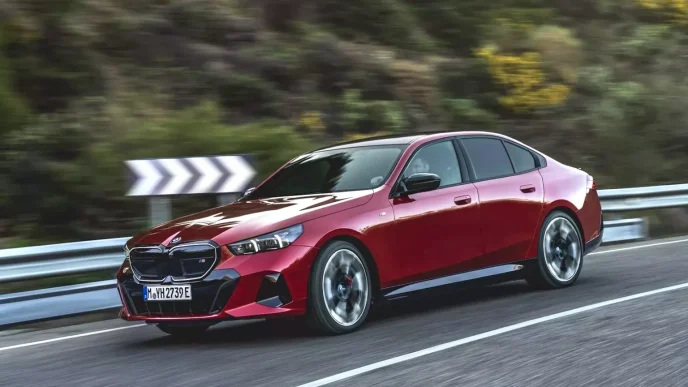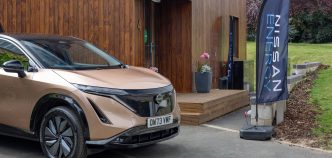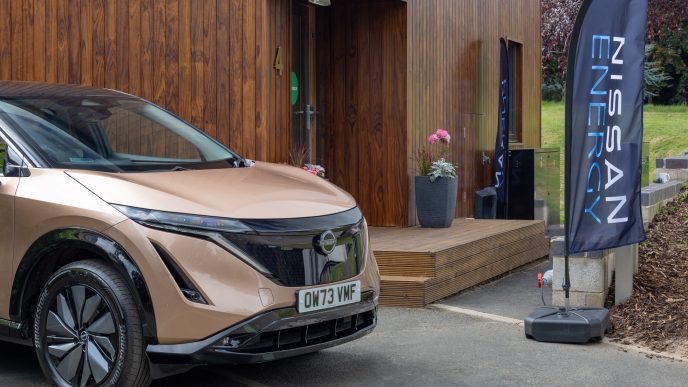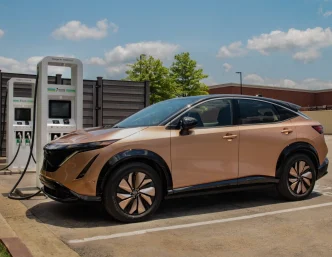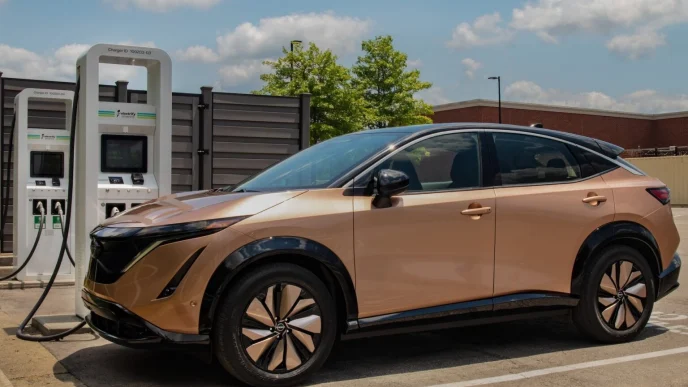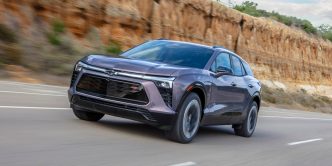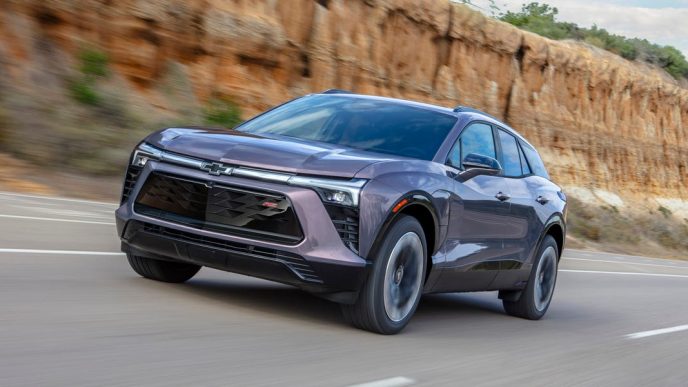Nissan is recalling close to 24,000 Leaf electric vehicles (EVs) in the U.S. due to a potential fire hazard associated with their high-voltage battery packs during DC fast-charging sessions. The recall, which affects 23,887 units built between August 29, 2018, and November 3, 2020, was announced by the National Highway Traffic Safety Administration (NHTSA). These vehicles were manufactured at Nissan’s plant in Smyrna, Tennessee.
The problem arises when the affected Leaf EVs are connected to Level 3 fast chargers, which can cause the battery pack to rapidly heat up without any audible or visible warning to the driver. If the charging session continues, the battery pack could catch fire, increasing the risk of injury. The lack of immediate notification to the driver adds to the danger, making the issue particularly concerning for owners who rely on fast chargers for longer trips or quick recharges.
At this point, Nissan has not identified a definitive fix for the issue nor pinpointed its exact cause. Preliminary investigations suggest that the lithium-ion batteries in the affected vehicles may develop excessive lithium deposits inside the battery cells. These deposits can increase electrical resistance during fast-charging sessions, leading to fluctuations in the battery’s state of charge, which may contribute to the risk of fire.
Nissan is actively working on a software update intended to prevent battery fires during charging, though the automaker has not provided detailed information on how the fix will operate, especially since the Leaf’s battery pack does not feature active cooling. The software update is expected to be available for affected vehicles starting in November, and it will be provided free of charge.
Owners of the affected 2019 and 2020 Leaf EVs will be notified by Nissan beginning on September 20. In the interim, the automaker is advising drivers to avoid using Level 3 fast chargers until the issue is fully resolved. The recall affects both 40-kilowatt-hour and 62-kilowatt-hour battery packs, but since all of these units are still under warranty, owners will not face additional costs for the fix.
The Nissan Leaf, while an early pioneer in the electric vehicle market, has been facing increasing competition. The vehicle, which offers bi-directional charging capability—a feature still uncommon in the EV market—has been in its current form for seven years. Despite this advanced feature, sales have lagged in recent years, with only 4,514 units sold in the U.S. during the third quarter of 2024.

